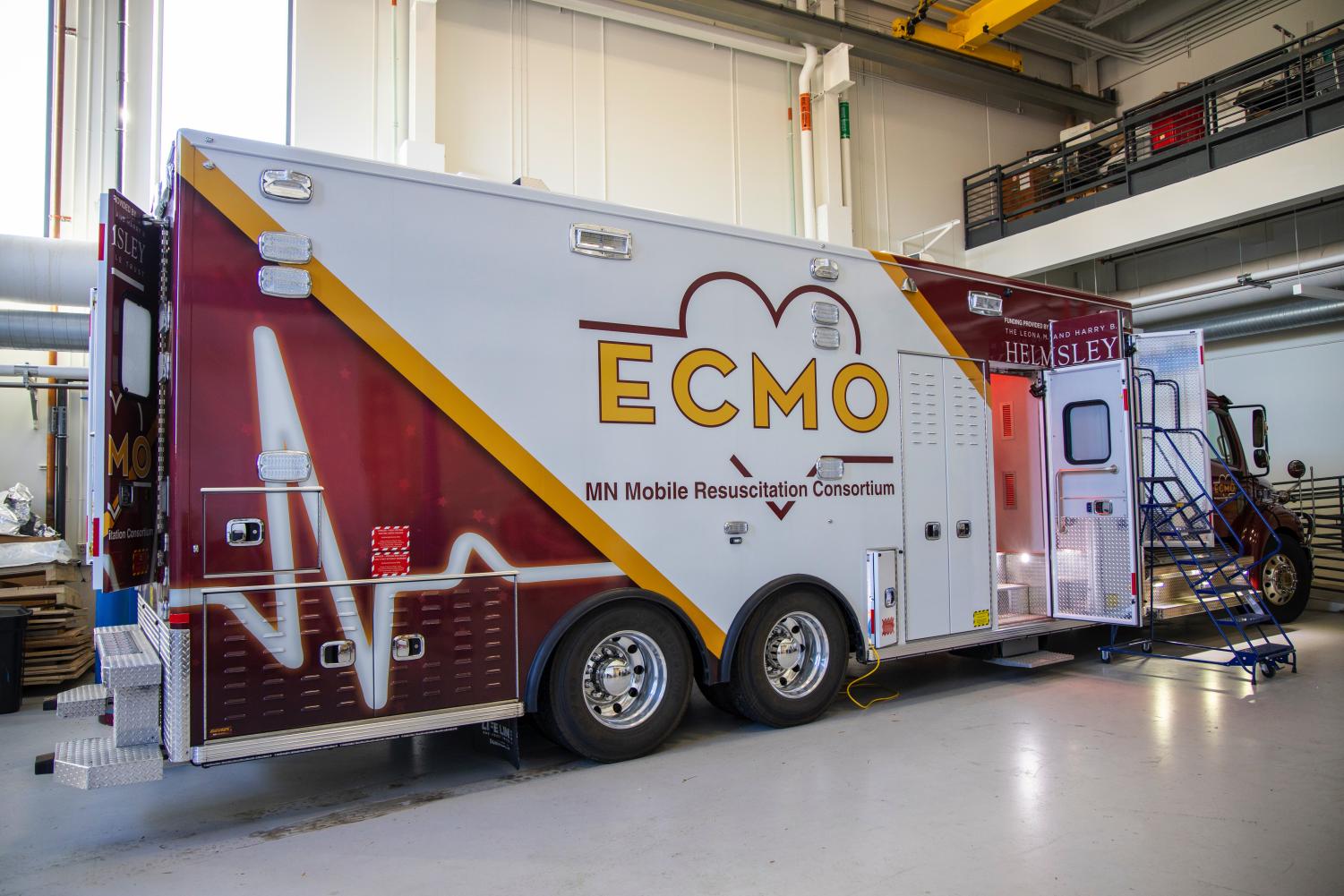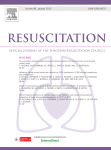cruiseforever
Forum Asst. Chief
- 564
- 170
- 43
I look forward to see what the protocol will be for activating this unit.

 mndaily.com
mndaily.com

UMN rolls out new medical truck to better help cardiac arrest patients
The medical truck aims to deliver ECMO and resuscitation services to refractory cardiac arrest patients.
 mndaily.com
mndaily.com

